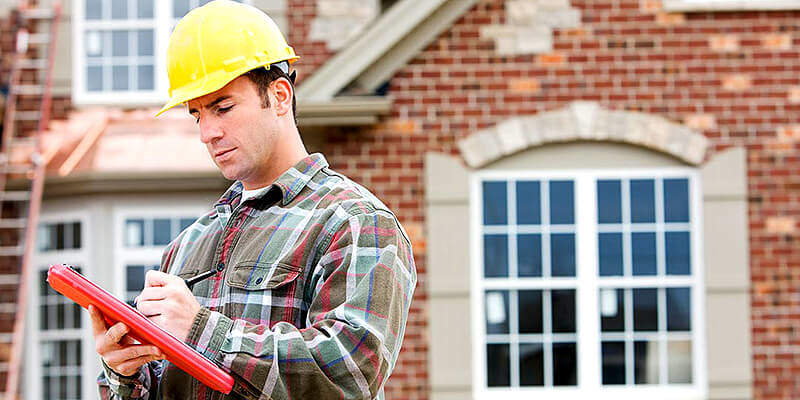The Must-Know Details on Home Inspections

If you are in the process of buying a house, sooner or later you may start to have some questions about “what are home inspections” and “how can they benefit you”. Performed by the home buyer in the early stages of buying a house; home inspections is your chance to give you an accurate overall picture of a house. You are going to want to know. Is the structural integrity of the home sound, is the furnace in working order, is there electrical knob and tube. By digging deep and understanding what an inspection entails and how it works is critical before you make that purchase.
Why do you need a Home Inspection?
Given that home inspections are the Buyer’s responsibility and end up as an additional cost on top of the already heavy financial load associated with buying a house; many people are inclined to push it to the side and downplay its value and importance. But there are many reasons why a home inspection is a critical step in the home buying process.
First, it is the best way get an indication of structural, mechanical, or physical problems within the house that may not be visible to the naked eye, or not visible to an inexperienced eye. By having a home inspection completed by a certified inspector; gives you a legal document to present to the current owners in negotiating repairs or replacements that were expected to be done as part of the final sale.
Furthermore, once you do an inspection, you can use the outcome to walk away from the deal if you are not satisfied with the state of the house or if the current owner isn’t willing to negotiate repairs. Without the inspection, should you find problems with the house during the settlement, it is not always easy to back out of the arrangement and contract.
What do Home Inspections cover?
In addition to understanding why you would opt to pay for a home inspection, it is also important to enter into the inspection with a realistic picture of what to expect your house inspection covers. Because home inspections are regulated, provided that you have selected a certified inspector. You can expect the following to be a part of your inspection:
- The foundation, basement and structural components of the home, such as beams and wall supports.
- Condition of windows, doors, floors, walls, and ceilings.
- The attic and visible insulation in the attic space.
- Heating and cooling systems as well as interior plumbing and electrical systems.
What do Home Inspections negate?
Now that you are aware of what a home inspection routinely covers. It is equally as important to be aware of what a home inspection does not covered. A home inspection does not include the following:
- Septic tanks and septic systems.
- Exterior components of the home, including structures such as sheds; the outdoor siding, roof, chimney, gutters, eaves, and outdoor verandas or patios.
- The inside of walls in the home.
Ultimately, the choice is up to the home buyer, if they get or do not get a home inspection; there are pros and cons to each selection. Make sure you educate yourself on this information or reach out to a local real estate agent in your area. They will be able to help you understand your personal inspection needs as well as help you find that dream house.
Let us put you in touch with a Real Estate Agent you can trust!
Have questions about buying real estate and don't know where to begin? Contact one of our agents today.Please Note: Information you supply in the contact form will be kept fully confidential.
